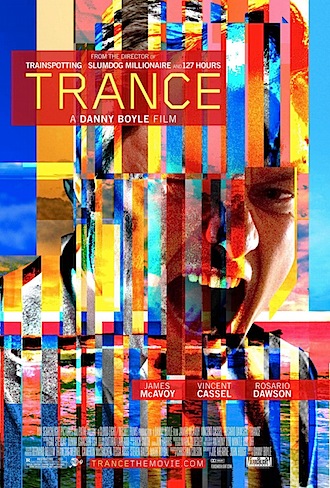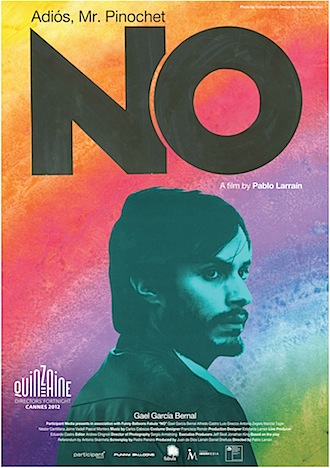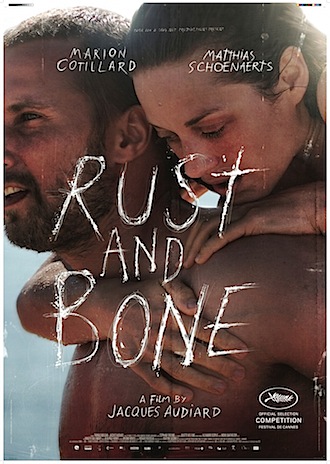Well, it has taken a while to sort out but I can finally make a few announcements. Exactly a month ago, I had a big whine about the closure of…
Read More

Danny Boyle is one of my favourite directors. From Shallow Grave in 1994 to 127 Hours in 2010, his work has stimulated and inspired me. I re-watched Trainspotting the other…
Read More

No sounds like the kind of thing a toddler in the middle of a tantrum might say, while stomping around your lounge room at bedtime. At the cinema, though, the…
Read More

It’s no disgrace to come second at Cannes to Michael Haneke’s Amour, especially so when your film is Rust and Bone. Writer-director Jacques Audiard has a track record of unsettling…
Read More
Update: I have some confirmed circulation figures from the paper itself. Even more depressing. We interrupt normal - slightly stuttery - programming to bring you news of some changes in…
Read More

Alyx Duncan’s The Red House is a lovely example of how ideas that evolve, adjust, transform over time can produce work that is just as coherent and complete as if…
Read More
